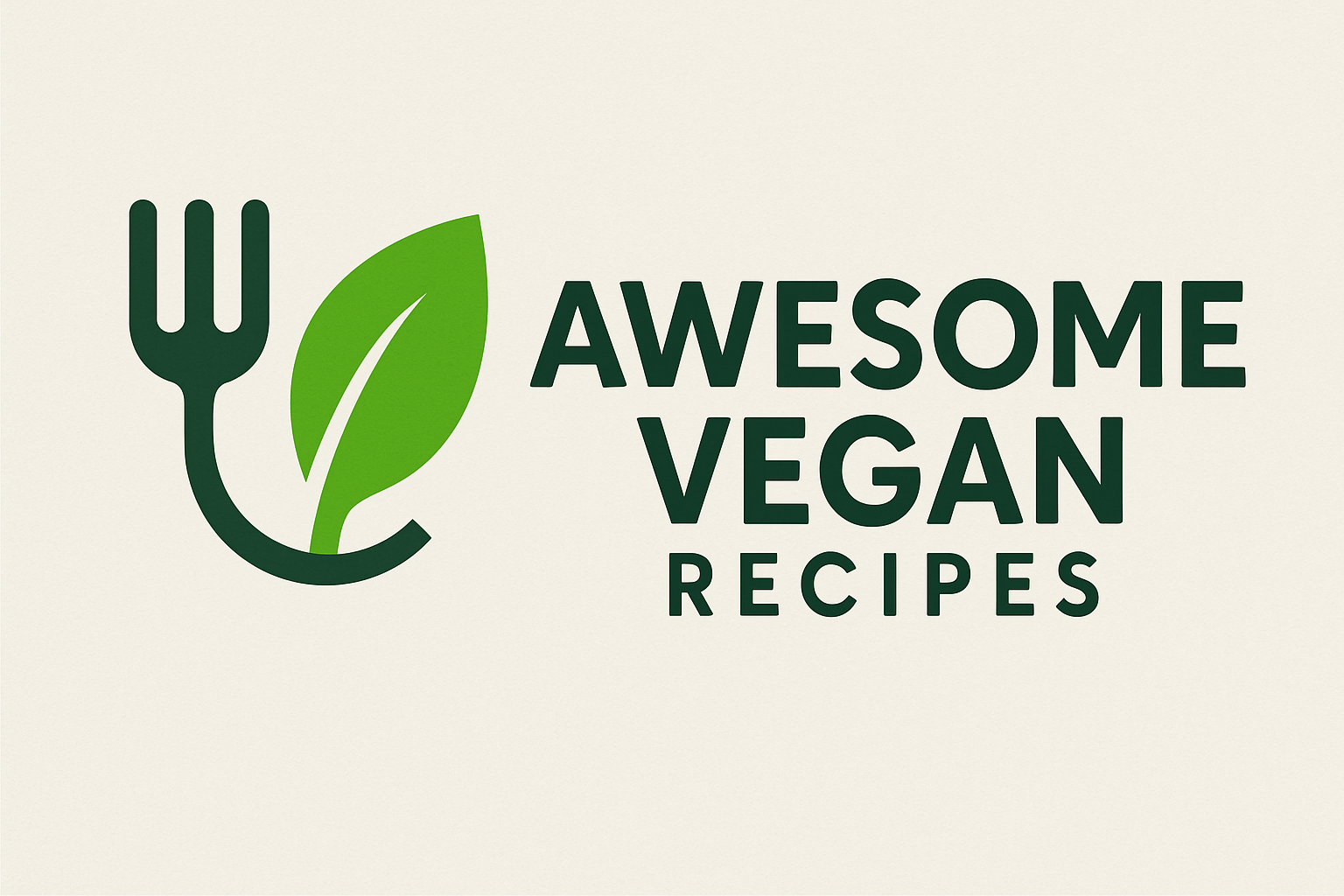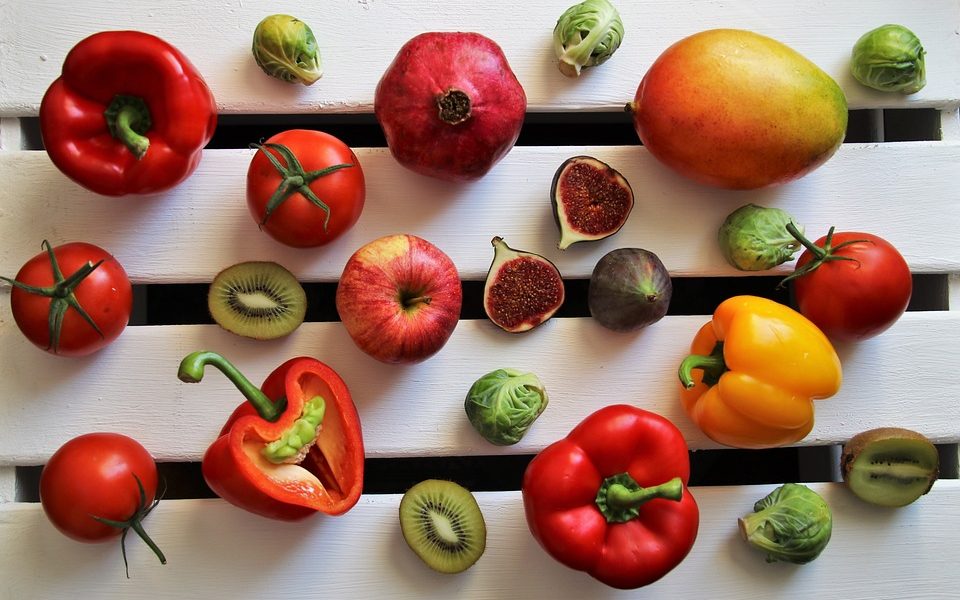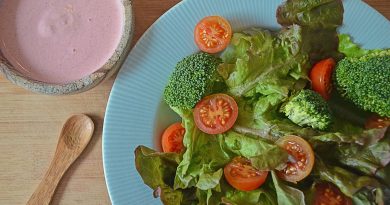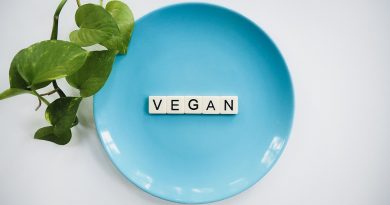Exploring the Link Between Vegan Diets and Lower Cancer Risk
Exploring the Link Between Vegan Diets and Lower Cancer Risk
In recent years, there has been a growing body of research suggesting that a vegan diet may offer substantial protection against cancer. This is welcome news for the millions of people worldwide who are looking for ways to reduce their risk of developing this devastating disease. In this article, we will explore the link between vegan diets and lower cancer risk, examining the science behind this connection and providing practical tips for incorporating more plant-based foods into your diet.
Understanding Cancer and Diet
Cancer is a complex and multifaceted disease, with a wide range of risk factors that can influence its development. While genetics play a role in determining an individual’s susceptibility to cancer, lifestyle factors such as diet and exercise also play a significant role. In fact, research has shown that as much as 30-40% of all cancers can be attributed to diet and lifestyle choices.
The link between diet and cancer risk is particularly strong when it comes to animal products. Red and processed meats, in particular, have been consistently linked to an increased risk of several types of cancer, including colorectal, prostate, and breast cancer. This is thought to be due to a combination of factors, including the high levels of saturated fat and cholesterol in these foods, as well as the presence of carcinogens that form when meat is cooked at high temperatures.
In contrast, plant-based foods are rich in a wide variety of cancer-fighting nutrients, including antioxidants, phytochemicals, and fiber. These compounds have been shown to have protective effects against cancer by reducing inflammation, supporting the immune system, and inhibiting the growth and spread of cancer cells.
Vegan Diets and Cancer Risk
Vegan diets, which exclude all animal products, have been gaining popularity in recent years for a variety of reasons, including concerns about animal welfare, environmental sustainability, and personal health. In addition to these benefits, research has also suggested that a vegan diet may offer significant protection against cancer.
A large-scale study published in the Journal of the American Medical Association found that individuals following a vegan diet had a 15% lower overall cancer risk compared to those who consumed meat regularly. This reduced risk was particularly pronounced for certain types of cancer, including colorectal, breast, and prostate cancer.
One of the key reasons for this protective effect is thought to be the high intake of phytochemicals found in plant-based foods. These compounds have been shown to have anti-cancer properties by neutralizing free radicals, reducing inflammation, and promoting the repair of damaged DNA. In addition, the fiber-rich nature of vegan diets can help to promote healthy digestion and reduce the risk of colon cancer.
Tips for Incorporating More Plant-Based Foods
If you are interested in reducing your cancer risk by adopting a vegan diet, there are several practical steps you can take to make the transition easier and more sustainable. Here are some tips to help you incorporate more plant-based foods into your diet:
1. Start slowly: If you are new to veganism, it can be helpful to gradually introduce more plant-based foods into your diet. Try swapping out meat for plant-based proteins such as tofu, tempeh, or legumes in your favorite recipes, or adding a few meatless meals to your weekly rotation.
2. Experiment with new foods: Veganism is a great opportunity to try new and exciting foods that you may not have considered before. Explore your local farmers’ market or health food store for fresh fruits, vegetables, and whole grains that you can incorporate into your meals.
3. Get creative in the kitchen: Don’t be afraid to experiment with different cooking techniques and flavor combinations to keep your meals interesting and delicious. Look for vegan recipes online or invest in a vegan cookbook for inspiration.
4. Focus on whole, unprocessed foods: While it can be tempting to rely on vegan convenience foods, such as vegan burgers and frozen meals, these products are often high in salt, sugar, and artificial additives. Instead, try to focus on whole, unprocessed foods like fruits, vegetables, whole grains, nuts, and seeds to maximize the health benefits of your diet.
5. Consider supplementation: While a well-planned vegan diet can provide all the nutrients your body needs, some vegan-friendly supplements may be helpful for certain individuals. Talk to a healthcare provider or registered dietitian to determine if you need to supplement with vitamin B12, vitamin D, omega-3 fatty acids, or other nutrients.
In conclusion, adopting a vegan diet may offer significant protection against cancer by providing an abundance of cancer-fighting nutrients and reducing exposure to potentially harmful substances found in animal products. By incorporating more plant-based foods into your diet and following the tips outlined in this article, you can take proactive steps to reduce your cancer risk and improve your overall health and well-being.






